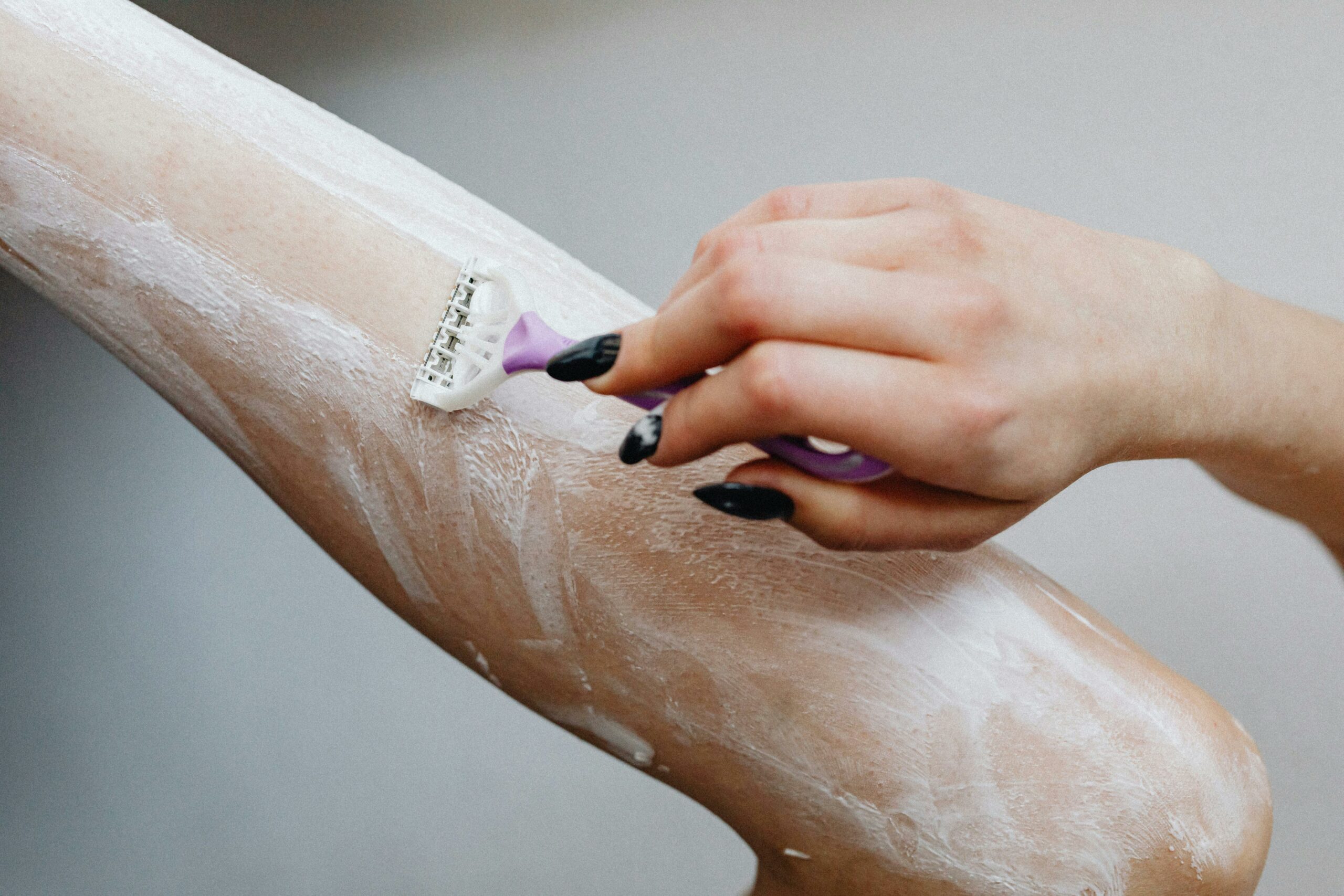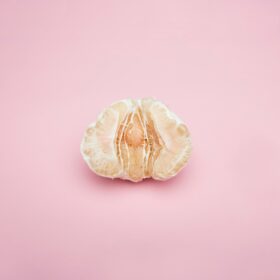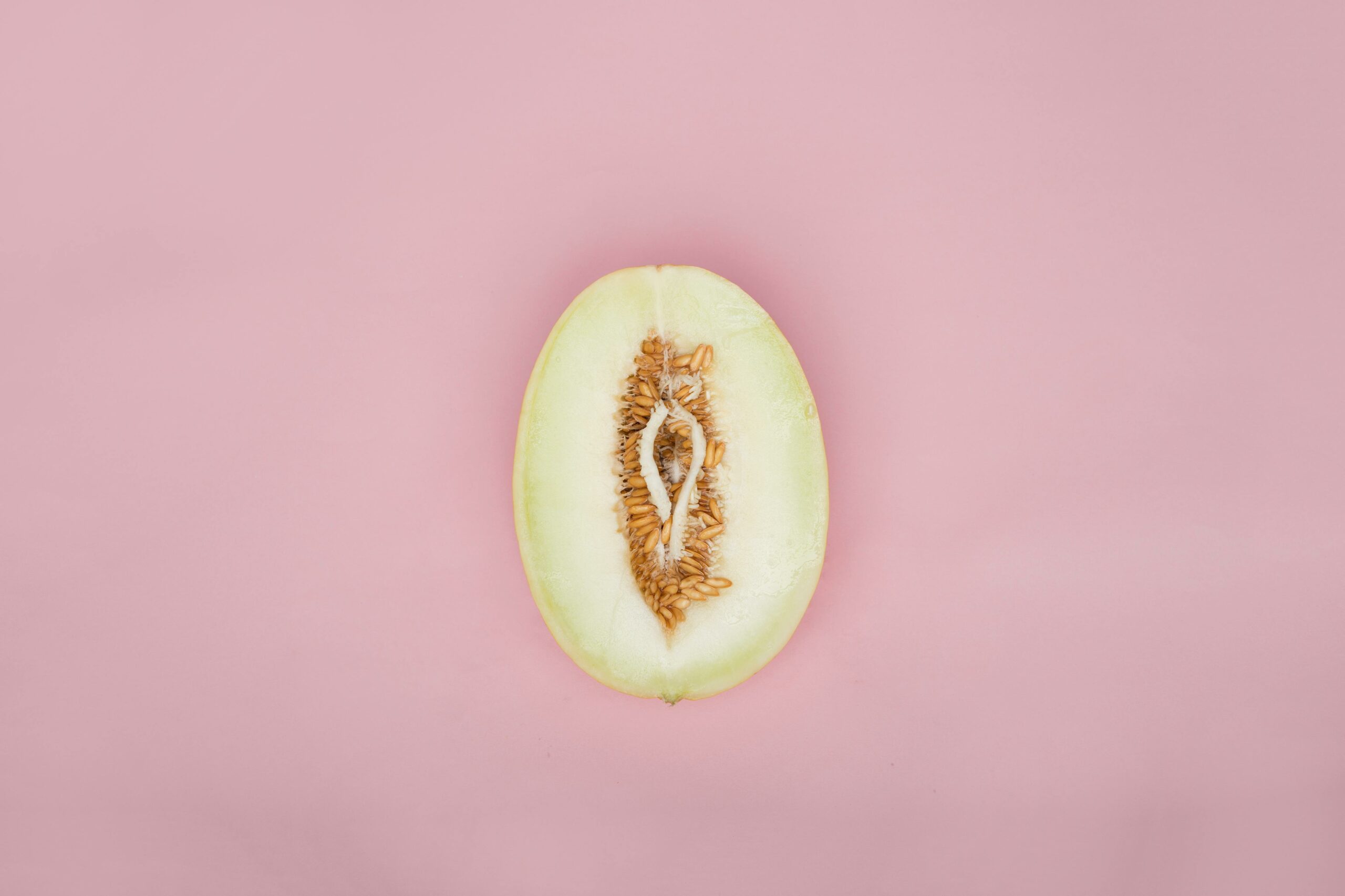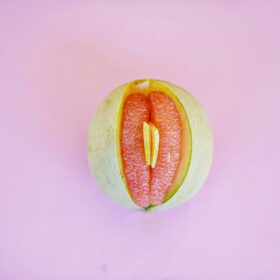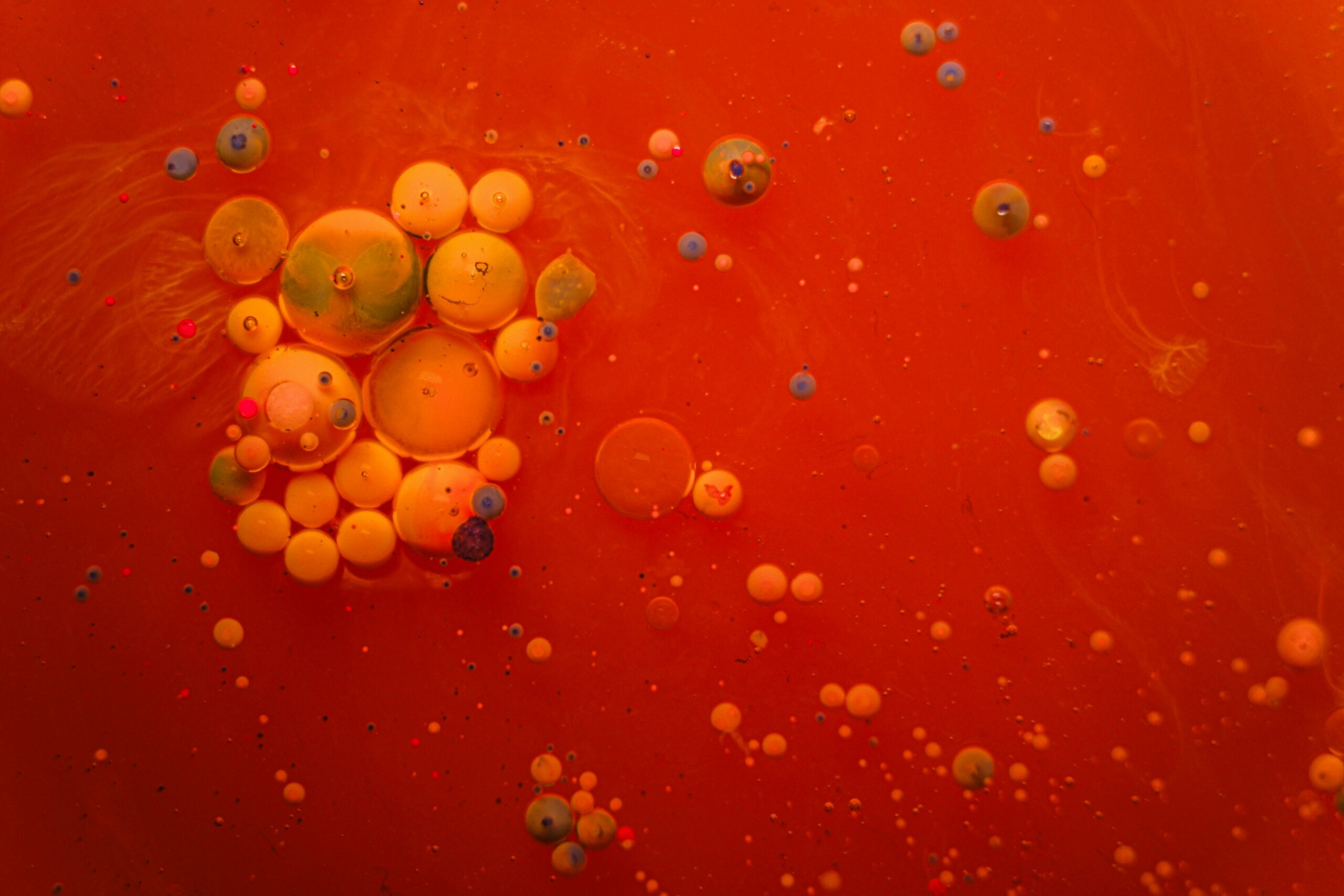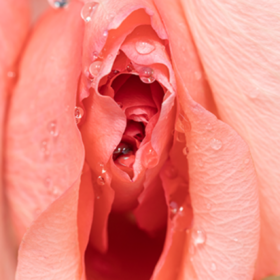
Why does my vagina hurt? Potential causes of vagina pain
In this article
What's the lowdown?
Sometimes people refer to vaginal pain as vulval pain, but they are 2 distinct areas of the female genital tract
The pain can be short or long-lasting
There can be multiple causes of the pain
Pain in any form, if it does not feel normal, should be checked by a medical professional
We have secured some affiliate links in this post that we earn a small commission from (some have discounts for you too!) Though we only recommend things we truly love ❤️
Vagina vs Vulva
Sometimes pain in my vagina might actually be pain in my vulva. But do you know the difference?
The vagina is the internal passage that connects the uterus (womb) to the outside of our body. The vulva is our external genitalia. It includes our labia majora and minora (inner and outer lips), the clitoris, the vaginal opening, the urethra, the vulval vestibule, Bartholin’s gland, Skene’s gland and mons pubis1. It’s basically everything you can see on the outside.
You can feel pain in the vulval (outside) or vaginal (inside) region. Now let’s look at the common causes of vaginal or vulval pains. They can usually feel like:
- Throbbing pain in vagina
- Stabbing pain in vagina
- Shooting pain in vagina
- Sharp pain in vagina
- Burning pain in vagina
- Painful spot, lump or bump
Pain is subjective, what you might describe for some pain might be felt differently by someone else. That does not take away from your pain.
Infection
Infections can definitely be a culprit of pain. Sometimes this can feel like a burning pain in the vagina.
Common infections that can cause pain are:
- Sexually transmitted Infections (STIs)
- Vaignal thrush (Candidiasis)
- Bacterial Vaginosis
STIs normally present with abnormal coloured discharge from the vagina, some abnormal bleeding, itching or burning. For example, trichomoniasis vaginalis has a green-coloured discharge2. Some STIs like herpes and syphilis will show up as a painful ulcer on your vulva or within the vagina3,4.
Not all STIs present with pain or symptoms. Chlamydia can be a silent STI, as 70% of women may not have any symptoms and it can lead to long-term complications if not treated5.
Bacterial vaginosis is not technically an STI but can also present with the above-like symptoms. The discharge is typically green/grey in colour and has a strong fishy odour6.
Thrush is likely to present with vulval itching and cottage cheese-like white discharge7. Thrush can be treated with medications form the pharmacy, but if it’s recurrent, see a healthcare professional.
Painful lumps on the vagina can be caused by infected or inflamed cysts. These cysts often form within the Bartholin’s glands around the vagina and vulva, called Bartholin’s cysts or form within the labia called labial cysts. These should be examined by a healthcare professional, and may need antibiotics, or even a small surgical procedure to treat them.
Dryness
Why does my vagina hurt after sex?
Our vagina is naturally lubricated. At different life stages, it might not be as lubricated as it needs to be.
Hormonal changes can cause vaginal dryness. It is common if you are breastfeeding, and is also a common side effect of hormonal contraceptives including the combined pill, implant and hormonal coil. Accoridng to Lowdown reviews, around a third of people who use hormonal contraception will get vaginal dryness. (data taken from October 2024)
Vaginal dryness is especially common in perimenopause and menopause due to the decline in oestrogen levels, resulting in vaginal atrophy. This means the vulval and vaginal skin becomes dry and thin so it is more susceptible to tears and irritation. Due to the lack of lubrication, there is more friction which can cause soreness and pain8. Dryness can be treated with lubricants, such as YES Organics WB, and vaginal atrophy can be treated with vaginal oestrogen.
UTI
Urinary tract infections (UTIs) are usually nothing to worry about, they are just annoying. Burning sensation, needing to pee more, smelly urine – well this all points to a UTI. So if you ask yourself, why does my vagina hurt when I pee? It is most likely a UTI.
UTIs can either resolve on their own, with supplements like D-Mannose or may need a short course of antibiotics. Some people might experience recurring UTIs so and should seek help from their GP9.
Clitoris pain
When pain is specifically felt in the clitoris, it is referred to as clitorodynia. The pain can be felt in multiple ways and can be caused by a variety of reasons like trauma, infection, childbirth or nerve issues10.
Clitoris pain can be difficult to live with, so if you are suffering, please make sure to seek medical advice.
Vaginismus
You might have heard of vaginismus. It is a condition that can affect women at any age, regardless if they have had penetrative sex before.
Vaginismus is a condition where the muscles of the pelvic floor (in the vagina) tighten in response to any penetration. This tightening narrows the vaginal width which can result in uncomfortable sex, uncomfortable/painful insertion of tampons/menstrual cups or inability to insert anything11.
Usually, treatment of vaginismus involves a multidisciplinary approach to overcome any psychosexual and physical barriers that are contributing to the condition.
Vulvodynia
Vulvodynia is a chronic discomfort felt anywhere around the vulva. It can affect just one area, like the clitoris, or the whole vulva. In most cases, vulval pain does not have a specific cause. There are multiple subtypes of vulval pain that can be provoked or unprovoked. Most vulvas with vulvodynia do not look irritated or inflamed on inspection12.
Vaginitis
When the vaginal and vulva show signs of irritation and inflammation, it is referred to as vaginitis. There are multiple causes of vaginitis, from antibiotic use to changes in hormones, spermicide or chemical products13.
Lichen sclerosus
This is a skin condition that mainly targets the vulval skin and anus. There is no specific age that experiences lichen sclerosus, but it is more common in post-menopausal women. Your skin might look white, and thicker and feel itchy and painful. We do not know why lichen sclerosus occurs but in the long-term, it can increase the risk of developing vulval cancer14, so needs to be assessed by a doctor.
When to see a doctor
It is not nice living with any pain, especially not vulval or vaginal pain. Sometimes this pain is sporadic and does not last long, but if it is a continual issue in your life, please do not suffer in silence. Pain felt anywhere else in the body should not be deemed more important and you should not feel embarrassed to speak about your vulval or vaginal pain.
The first step is to know your body and understand what is normal for you, so you are better able to describe what is abnormal to you. Try and stay away from self-medicating or online remedies like douching as there is no evidence that they work and might actually exacerbate the issue at hand.
Seeking expert opinion is always our advice. There are a wide range of reasons why you might be experiencing pain and the GP or specialist will need to get a thorough history, complete an examination and run some tests to come up with an accurate diagnosis.
If you do not know where to start, reach out to us at the Lowdown. We have a dedicated medical team that is dedicated to helping people get the answers they deserve.
Our medical review process
This article has been medically reviewed for factual and up to date information by a Lowdown doctor.


